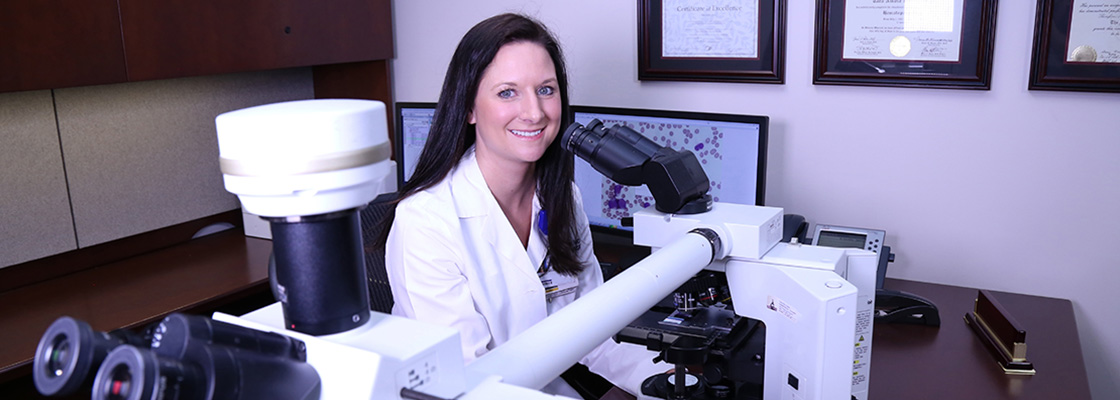Your Pathologist: A Member of Your Health Care Team

It’s likely that you have had blood drawn or given a specimen and never met or even seen your pathologist, the expert who is responsible for examining it. Pathologists are physicians and scientists who are experts in disease and illness and will examine your blood after that draw. They use their expertise to support every aspect of health care, from making diagnoses to guiding doctors on the best way to treat common diseases. Pathologists can sub-specialize in different areas, such as gastroenterology, gynecologic pathology, blood diseases, clotting disorders, microbiology, lung, and breast cancers and more.
With recent congressional changes, you now have access to the report your pathologist submitted after examining your blood or specimen. Your primary care physician or specialist will do a great job of explaining that report, which ultimately helped define your diagnosis. However, if you would like to speak with your pathologist directly, you can ask questions to help gain clarity over your diagnosis.
A pathologist can –
- Explain disease processes in easy and understandable language
- Demonstrate disease processes with images and graphics
- Explain diagnostic terminology
- Decipher the pathology reports
- Represent their own professional opinions of issues discussed
- Direct wellness through correct diagnosis
- Work with others in team-based care
While your pathologist will not give you a second opinion, he or she will be able to shed light on the first opinion that dictated your diagnosis. If you have questions about your treatment, the pathologist will likely refer you to your care provider. Nevertheless, the pathologist is an integral member of your health care team, providing expert guidance from diagnosis to maintaining good health.